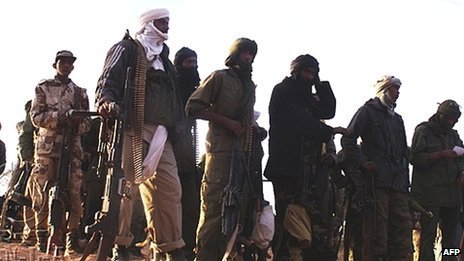by Darrin Simmons
Impunity Watch Reporter, Middle East
KUWAIT CITY, Kuwait-Twitter is a social media network which has become popular in recent years for allowing people to post what they think online. However, the ability to voice one’s opinion via the internet is not always met without repercussions.

Huda al-Ajmi, a 37-year-old Kuwaiti teacher, was sentenced to eleven years in jail after posting on twitter comments that were reasoned to be insulting to the emir of Kuwait, Sheikh Sabah.
Along with insulting Sheikh Sabah, Huda al-Ajmi was convicted of inciting the overthrow of the regime and misuses of her mobile phone. She was sentenced to two consecutive five year terms for insulting the emir and one year for insulting an unspecified religious group.
Despite the rarity for woman to serve jail time for political crimes, several Kuwaiti courts have sentenced two female activists to shorter periods in jail for their criticism of the emir. However, the implementation of the terms was suspended.
Sheikh Sabah, who is “immune and inviolable” under Kuwait’s constitution, has received criticisms from others as well. Mussallam al-Barrak, a prominent opposition figure, was convicted in April of “undermining” the emir. He was arrested for remarks he made regarding the emir’s “autocratic” rule. In May, an appeals court overturned his five-year sentence.
Although Kuwait has not yet experienced the same degree of pro-democracy as has been seen in other Arab states, tensions have been escalating between the ruling Sabah family and the members of parliament.
Kuwait, which allows more freedom of speech than most other Gulf Arab states, has tightened control over its citizens’ use of social media. Convictions of several other Twitter uses over the past few months have caused anger and protests between police and activists.
U.S. based Human Rights Watch issued a statement in February saying that at least twenty five people have been charged with offending Sheikh Sabah by Kuwaiti prosecutors since October. Of those twenty five people, at least six were sentenced to time in jail.
Being allies with Kuwait, the United States has considerable interest in these matters. Due to the rising tension, the United States has urged Kuwait to consider its actions and respect their peoples’ right to freedom of expression.
Huda al-Ajmi’s has become the first woman convicted for criticizing Kuwait’s ruler, and her sentence is the longest sentence of jail time for political crimes issued in Kuwait. She has yet to be taken into custody and will have the opportunity to appeal the Kuwaiti court’s decision.
For further information, please see:
Aljazeera – Kuwait to jail woman for tweets against emir – 10 June 2013
BBC – Kuwaiti woman jailed for ‘insulting’ emir tweets – 10 June 2013
Gulf News – Woman gets 11 years in jail for insulting Kuwait emir – 10 June 2013
Reuters – Kuwaiti court gives woman 11 years in jail for insulting emir – 10 June 2013


